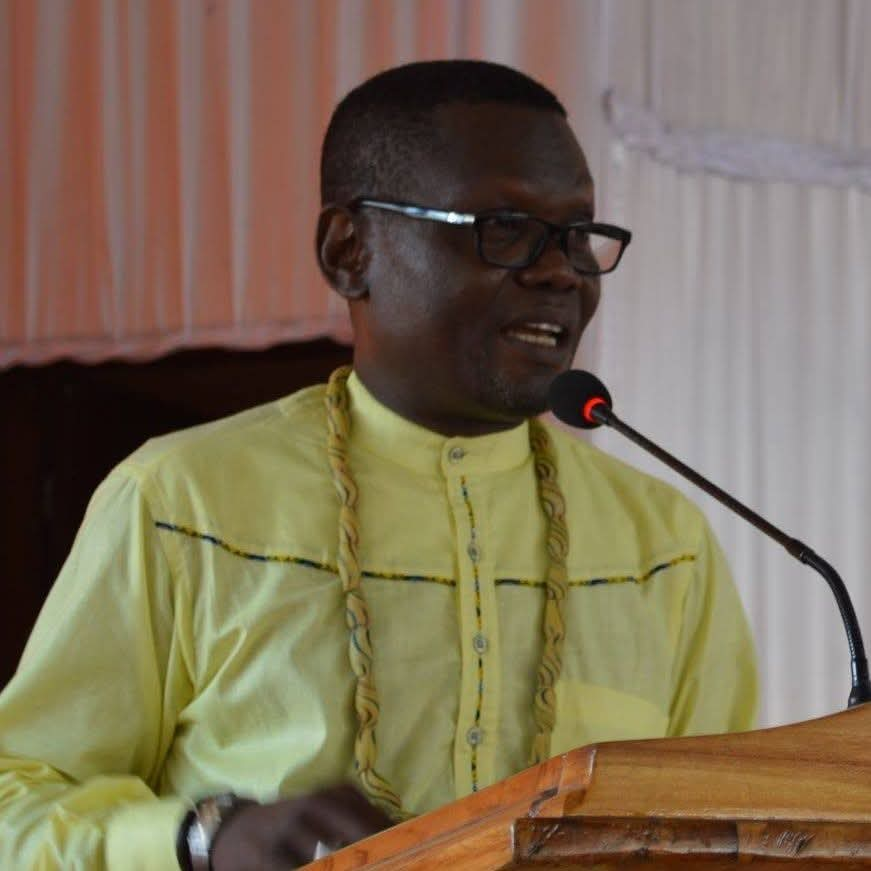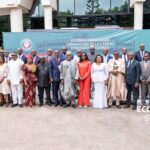FECCIWA to Nigerian Government: ‘Stop the Killings in Benue!’ — Issues Unprecedented Call to End Massacres.
By Raymond Enoch
In a most strong and urgent call reverberates across West Africa, the Fellowship of Christian Councils and Churches in West Africa (FECCIWA) has broken its silence to issue a forceful condemnation of the massacre of more than 200 civilians in Benue State, Nigeria.
In a deeply moving statement signed by Bishop Godson Kpavuvu Lawson, Chairman of FECCIWA’s Advisory Committee, the influential ecumenical body described the killings as “horrific and senseless,” warning that Nigeria stands at its moral crossroads.
“The growing frequency and brutality of such violence must no longer be tolerated,” the statement read.

FECCIWA’s declaration signals a critical escalation in regional concern over Nigeria’s spiraling insecurity, lending sweeping continental weight to the calls already made by the Christian Association of Nigeria (CAN) and the Christian Council of Nigeria (CCN).
In what many observers are calling the most direct and coordinated moral indictment of Nigeria’s security failure in recent times, FECCIWA has demanded not just condemnation—but concrete, sustained action from the Nigerian government and security agencies to protect citizens and hold perpetrators accountable.
The killings, which occurred across multiple villages in Benue, are believed to be the latest in a string of targeted assaults that have left rural communities traumatized and abandoned. While local and international reactions continue to pour in, FECCIWA’s intervention may prove pivotal.
“Justice must prevail,” the regional council emphasized. “The perpetrators of these heinous crimes must be apprehended and held accountable to preserve the sanctity of life and deter future acts of violence.”
Diplomatic and religious analysts see FECCIWA’s rare public outcry as a watershed moment, signaling a possible shift in the broader West African Church’s posture from prayerful lament to prophetic confrontation.
“We’re no longer just weeping,” a senior church official in Abuja, who requested anonymity, told Paradigm News “We’re demanding change—and we’re watching closely.”
The statement ends with a prayer for peace, but its message is unmistakably political: Stop the violence. Stop the killings. Let peace prevail.
As the world watches, the moral burden is now on Nigeria’s leaders—will they finally act?.








